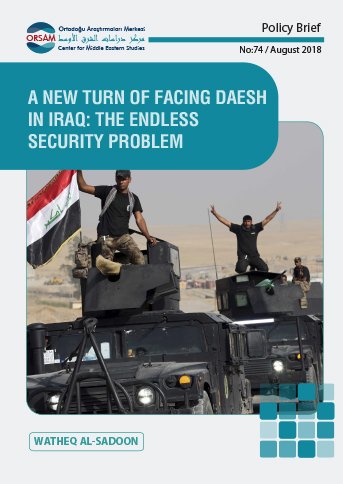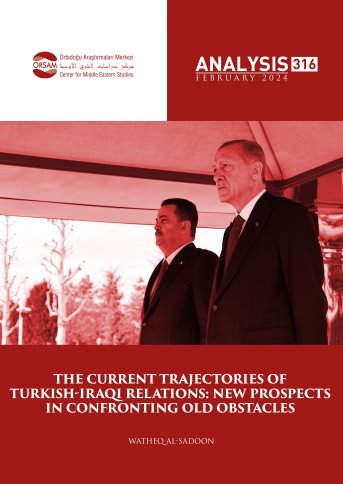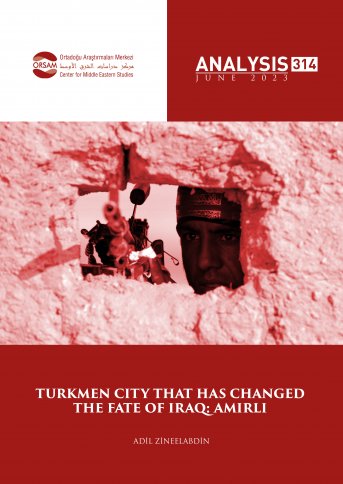
A New Turn of Facing DAESH in Iraq: The Endless Security Problem
Thanks to the backing of international coalition forces, the Iraqi Armed Forces reestablished control in all cities and regions under the control of the terrorist organization Daesh in late 2017. With this result, the Iraqi government, suppressed the organization the founder of which is Ebu Bekir al-Baghdadi, three years after the organization was established. However, the armed assault of the organization began again in February 2018. During the past few months in Iraq, there have been attacks such as kidnapping, murder, roadblock, attacks against government forces and distant villages by armed groups allegedly linked to the Daesh organization. Daesh carried out three deadly attacks in this process: Firstly, wearing uniforms similar to that of the Iraqi central government forces a group of armed elements linked to the terrorist organization set up fake control points on major roads, kidnapped and killed a group of people. Secondly, they attacked the security forces and Hashdi Shaabi patrols, kidnapped men who patroled, and set up ambushes in the rugged remote areas. Thirdly, it carried out sudden attacks on the tribal peasants around the cities under the control of Daesh, especially those who cooperated with government forces and Hashdi Shaabi. Daesh conducts an average of two terrorist attacks per week. Among the regions that these attacks are carried out are the roads connecting the Kirkuk province with the Havica township, the road between Baghdad-Kirkuk and Diyala-Al-Mar and the road between Diyala-Baghdad (south of Buhraz). Besides, there have been attacks in the remote villages of Nineveh, Salahuddin, Kirkuk, Al-Anbar and Diyala provinces. These terrorist attacks, inevitably, have uncovered many problems regarding the current security situation and political and social conditions in Iraq.








